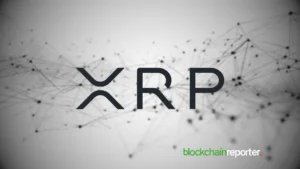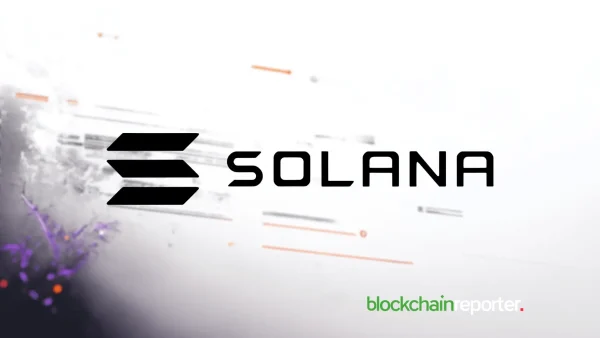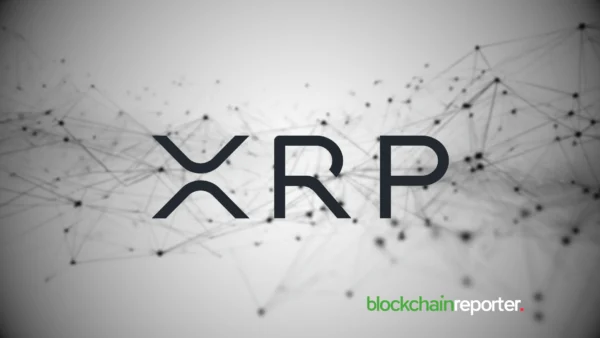
IRS has included a specific reporting section for crypto holders since 2019. Under that section, taxpayers are asked to self-report any cryptocurrency tax liabilities from their crypto investments. The tax agency is now going after crypto investors after a landmark ruling gave them the power to summon customer records.
John Does Summons
U.S. District Judge Paul Gardephe gave the IRS the authority to issue John Doe summons on crypto tax evaders. The first summonses were issued to M.Y. Safra Bank, a full-service banking institution based in New York.
The IRS summonses seek information about SFOX customers. SFOX is a crypto prime broker that used M.Y. Safra Bank as its banking services provider for its customers conducting crypto transactions. While the IRS requires crypto traders to report gains and losses on their tax returns, their experience shows serious tax compliance deficiencies for those in the crypto world. The summons will compel SFOX to provide details on over 175,000 users. Since 2015, SFOX has facilitated around $12 billion in crypto transactions.
The summonses give power to the IRS to search widely for those who avoid paying taxes on their crypto returns. These summonses do not imply any wrongdoing by M.Y. Safra Bank. Rather, they are a way for the IRS to find tax evaders and bring them to book. The federal government will aid the IRS in its role with $46 billion to enforce the Inflation Reduction Act. In the past three years, only ten users of SFOX have been involved in crypto tax evasion. The figure will likely grow with the help of summonses that crack down on tax evaders.
What Top Officials Had to Say
According to Deputy Assistant Attorney General David Hubbert, taxpayers needed to understandable crypto gains were taxable. He added that the information gathered from the summons would assist them in ensuring crypto owners were fulfilling their legal obligations.
IRS Commissioner Charles Rettig added his voice to the ruling. He said obtaining third-party data on those not reporting their capital gains from crypto trading remained an important tool. He said granting the power to issue John Doe summons would ensure that everyone paid their share. Rettig added crypto traders needed to fulfil their reporting responsibilities.
How the Crypto World React
May remain curious to see how the IRS will use these summonses on crypto investors. For most people, crypto tax compliance is not an issue.
The Implications
The ruling means that any U.S. citizen who trades on centralized platforms must comply with the law. If not, they could face serious fines and even jail time. The I.R. has not shied away from enforcing tax compliance, which has involved issuing millions of letters to those trading in crypto. The IRS will likely seek to collect data from the biggest crypto trading platforms in the U.S. after this ruling.
Summary
Today, with software, tax compliance in the crypto world is easier than ever. Some software companies can crunch the numbers within just a few minutes to ensure full tax compliance.









